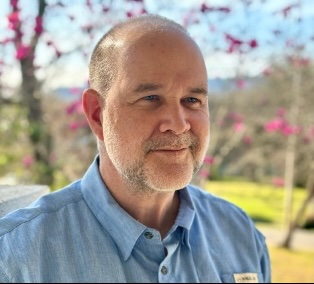Friends, followers and community
OPINION —
Do you recognize where these slogans come from?
“Caring is part of our package.”
“Find your family at …”
Did you guess Jack’s? If so, you only get partial credit because the business’s name is actually Jack’s Family Restaurants. In their branding as well as in their hiring, they want you to associate them with belonging. It’s no surprise they have a community section on their website.
But back to the quotes. They are displayed prominently on signs at our local Jack’s as you go through the drive-through. Now Jack’s is just like every other company—they are always on the lookout for good people to hire. I find it fascinating that in their appeal for workers this is what they’ve chosen to emphasize—not something about the pay they offer, the possibility of advancement in their company, flexible hours, or anything else. They are recruiting people by offering them community!
I’m sure they did their research before adopting this strategy. In a culture that is tilted toward individualism, they seem to understand we have this hidden hunger for community. Everyone’s got “friends” and “followers” on social media, but that doesn’t scratch our itch—we want something more. We want to be part of something bigger than ourselves. So, we see businesses like Jack’s stepping forward to say, “Come work for us and you’ll find your family, you’ll find your caring community.”
The story of Joseph and his brothers fittingly concludes the book of Genesis. The climax of the story isn’t Joseph going from trials to triumph and becoming second only to Pharaoh in terms of power and authority as it might have been if Hollywood was telling the story to our individual first/community second culture. Instead, the biblical witness turns that upside down to a community first/individual second ethic. That makes the zenith of Joseph’s story as it’s told in Genesis his reconciliation with his brothers and his saving of the world.
It’s not that Individualism is ignored in the biblical witness—it’s not by any means. But it is celebrated only when it is rooted within context of community. To the individual first/community second Corinthians, Paul said, “Now you are the body of Christ, and each of you is a part of it” (1 Corinthians 12:27). Notice that their primary identity was community (“you are the body of Christ”) and secondarily individual (“each of you is a part of it”). Their individual identity as an ear, an eye, a finger, or some other body part derived its meaning from the body it was part of. If they were not attached to the body, they lost their meaning and function, and their “individuality” became something self-destructive.
This is something to think about and appreciate as Genesis celebrates the reconciliation of the brothers and their re-establishment as community.
Find more of Bruce’s writings at his website: a-taste-of-grace-with-bruce-green.com.


